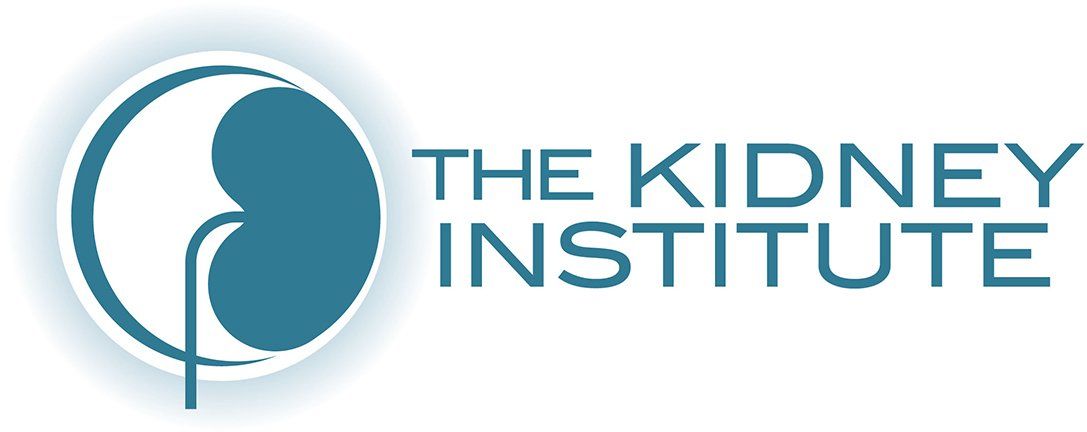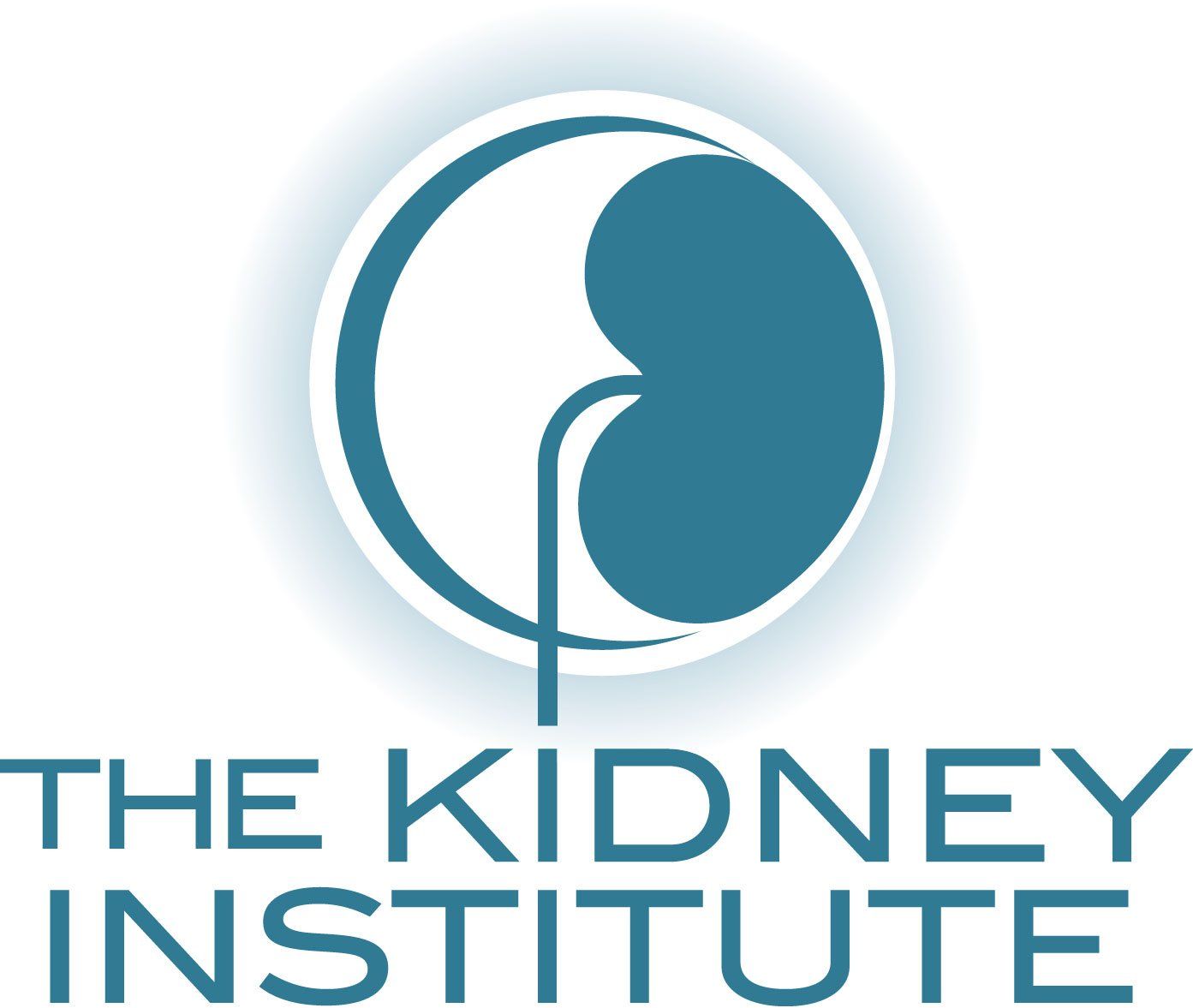Our Services
We care for all kidney disease or illness
Clinical and Hospital follow up and management of all kidney disease including dialysis and transplantation.
Our Patient Population
The patient population which we serve consists of patients with all degrees of kidney dysfunction ranging from mild and simple disorders, such as urinary tract infection, all the way to advanced kidney disease requiring dialysis and/or kidney transplantation ( referred to as end-stage renal disease or ESRD). While the causes of kidney disease are varied, the major causes for kidney failure in the United States today are diabetes followed by high blood pressure. Unfortunately, these disorders are particularly common among African Americans, Hispanics, and Native Americans. We have been actively involved through the years in research on kidney diseases, dialysis, transplantation, and hypertension. Our involvement continues to the present time.
Service Areas and Facilities
Our group of kidney specialists provide care in the Texas Medical Center as well the Northwest parts of Houston. In the Medical Center, this includes our main Kidney Institute Campus for outpatient care, and inpatient care is provided in several hospitals including the major tertiary hospitals of Houston Methodist as well as St Luke’s. We provide outpatient care in Northwest Houston in our Kidney Institute North Campus on FM 1960, and in other satellite clinics in The Woodlands, as well as Cypress Fairbanks. Inpatient care in the Northwest is delivered in several hospitals including Memorial Hermann and St Luke’s in the Woodlands, and Houston Northwest Medical Center, Methodist Willowbrook hospital, St Luke’s The Vintage, and Cypress Fairbanks Medical Center. This has allowed us to provide services for a greater population in Houston.
High Blood Pressure: Evaluation and Treatment
High blood pressure, or hypertension, occurs when the force of the blood traveling through the blood vessels is too high. Hypertension increases the strain on the heart and causes damage to the arteries. It is one of the leading causes of heart attacks, strokes, kidney failure, poor circulation, and aneurysm formation. Hypertension may have different causes. Our group of nephrologists have expertise in investigating causes of hypertension. Treatment of hypertension includes diet, lifestyle and medications. Our group of nephrologists have expertise in all aspects of these treatments.
Kidney Disease: Evaluation and Management
Kidney disease is a broad term that encompasses all types of reduced kidney function. There are many different types and causes of kidney disease. Some of the leading causes are Diabetes, hypertension, cystic disease, and inflammatory disease. Kidney disease also varies in severity and in duration. Hence it is classified based on duration (acute versus chronic), and on severity (5 stages of kidney disease). Our group of nephrologists have expertise in managing all types and all stages of kidney disease. These approaches are specific and individualized to each patient based on cause and severity of disease.
Kidney Stones: Evaluation and Preventive Measures
Kidney stones can cause pain (renal colic), blood in the urine, blockage of the urinary tract, kidney damage, and urinary infections. Our group of nephrologists work closely with urologists who apply minimally invasive techniques to treat kidney stones. Stones may be extracted or fragmented using tiny instruments through natural body channels such as the urethra, bladder and ureter. Our nephrologists provide evaluation of the cause of kidney stone development, and provide strategies to prevent recurrent stone formation. Some of these strategies are dietary modifications specific to the type or stone, and some may be through medications.
Kidney Transplantation: Evaluation and Management
Kidney failure may be treated by a kidney transplant, which may come from a deceased organ donor or from a living donor. Family members who are related, or interested individuals who are unrelated, may be able to donate one of their kidneys. This type of transplant is called transplant from a living donor. Individuals who donate a kidney can live healthy lives with the one remaining kidney. Our group of nephrologists work very closely with kidney transplant surgeons in 2 of the major hospitals in the medical center, and have extensive experience in the selection of patients for kidney transplantation as well as in all aspects of management following kidney transplantation from living or deceased donors.
Kidney Disease Management in Heart, Lung, and Liver Transplant Recipients
Kidney disease may occur in recipients of heart, lung, liver and multi-organ transplants. Our group of nephrologists have extensive experience in the care and management of the kidney conditions of these transplant organ recipients, and work closely with the multi-organ transplant programs in the Houston Medical Center.
Dialysis: Hemodialysis and Peritoneal Dialysis Treatments
When kidney disease progresses to advanced stages of failure (stage 5), it is called “end stage kidney disease”, and treatment with dialysis would be required. Dialysis is the procedure that cleans the blood from the toxic wastes that accumulate in the body when the kidney function has failed. Dialysis saves the lives of patients who have end stage kidney disease. There are 2 modalities of dialysis: “Hemodialysis” and “Peritoneal dialysis”. Our group of nephrologists are trained in providing both modalities, and also provide dialysis in various settings that include dialysis in the dialysis unit “in center dialysis”, dialysis at home “home dialysis”, and dialysis in the hospital.
Dialysis Vascular Access: Evaluation and Management
A functional dialysis vascular access is needed in every patient on hemodialysis. Our group of doctors have extensive experience in managing and maintaining the dialysis vascular access. Our doctors operate a reputable center that is specialized and dedicated to dialysis vascular access problem management. The center is “Joint Commission” accredited, and is named “Dialysis Access Management Center”. It is located at 7272A North Shepherd Drive close to the intersection with west Little York, off highway I-45. The dialysis vascular access procedures that are performed in the center include thrombectomy, angioplasty, stent placement, angiogram, evaluation of non-maturing dialysis fistulas, and dialysis catheter placement, exchange and removal.
Water & Electrolyte Disorders: Evaluation and Management
The kidneys are organs that are central in the regulation of water and electrolyte balance in the body. This is part of homeostasis and steady state. Abnormalities in water and electrolytes can pose danger to health, and are frequently caused by kidney disease or by hormones that adversely influence the kidney function. Our group of nephrologists are specialists in management of fluid and electrolytes, both in hospitalized patients as well as outpatients.
Do you have a question or need to schedule an appointment?
Our welcoming staff invites your inquiry and are honored to assist you and your family.
We are good listeners and strive to promptly respond to your questions and concerns.


